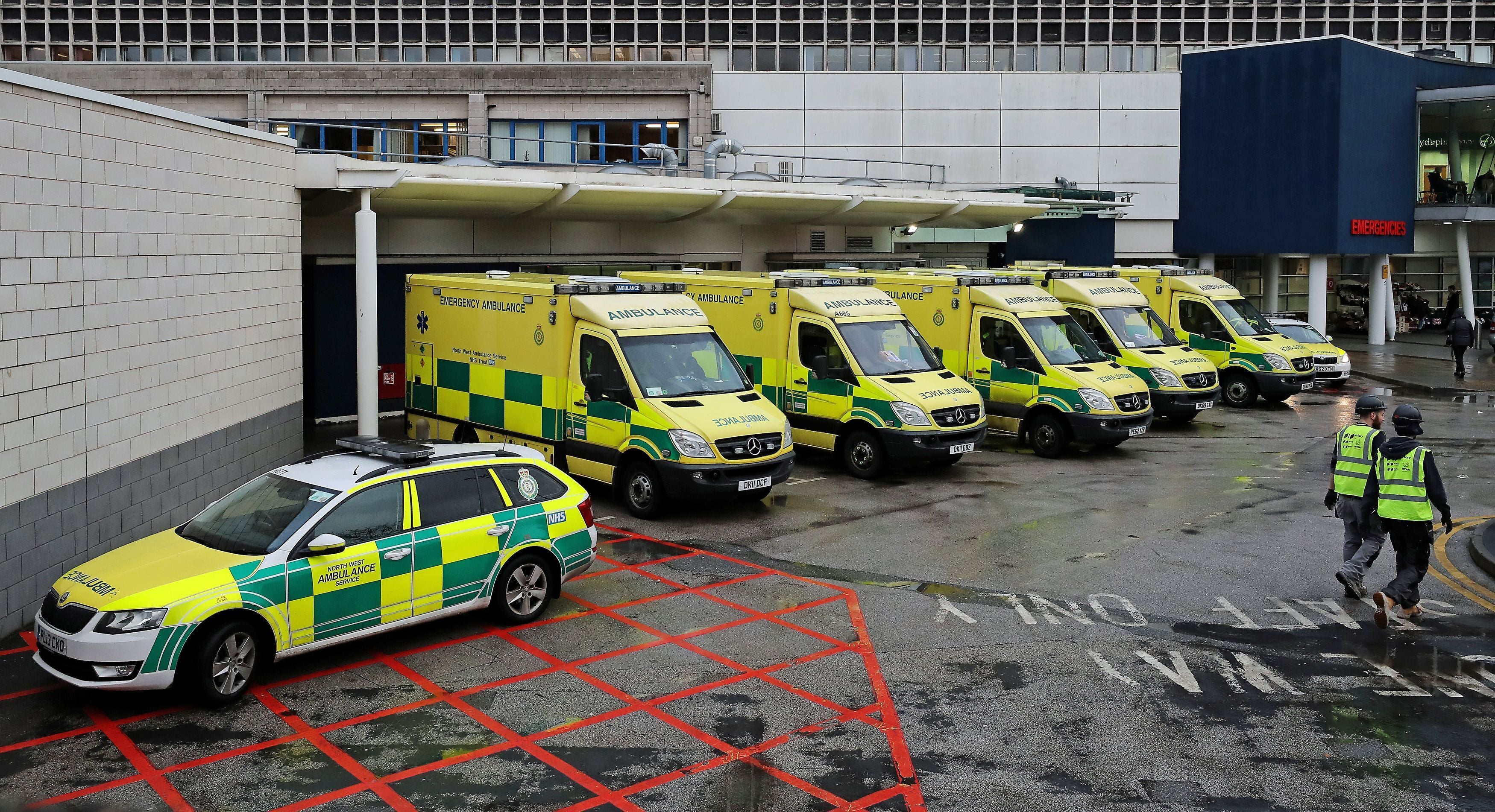Volunteers to drive ambulance cars as service continues to face pressure
Under the new scheme, expected to launch in May, trained volunteers would be sent out to lower category calls.

Your support helps us to tell the story
From reproductive rights to climate change to Big Tech, The Independent is on the ground when the story is developing. Whether it's investigating the financials of Elon Musk's pro-Trump PAC or producing our latest documentary, 'The A Word', which shines a light on the American women fighting for reproductive rights, we know how important it is to parse out the facts from the messaging.
At such a critical moment in US history, we need reporters on the ground. Your donation allows us to keep sending journalists to speak to both sides of the story.
The Independent is trusted by Americans across the entire political spectrum. And unlike many other quality news outlets, we choose not to lock Americans out of our reporting and analysis with paywalls. We believe quality journalism should be available to everyone, paid for by those who can afford it.
Your support makes all the difference.Volunteers will drive ambulance cars for some patients in need as part of a pilot scheme due to launch next month.
It comes as new figures last week showed ambulance response times and A&E performance in England have dropped to their lowest levels on record while the backlog of patients waiting for care has continued to grow.
London Ambulance Service (LAS) said trained volunteers already respond to 999 calls in their own car alongside ambulances.
This project builds on our well-established network of volunteers who respond to emergencies to help ensure our ambulances can reach the patients that need us the most.
But it confirmed that such volunteers would now be deployed in ambulance cars for lower category calls in some instances.
Volunteers are equipped, trained to use defibrillators and support LAS at life-threatening emergency calls in their area, the service said.
Under the new scheme, expected to launch in May, they would also be sent out to lower category (3&4) calls where it has been judged to be safe for a trained volunteer to accompany a patient but would not be appropriate for a taxi, LAS said.
An LAS spokesperson said: “This project builds on our well-established network of volunteers who respond to emergencies to help ensure our ambulances can reach the patients that need us the most.
“These fully trained volunteers, who already respond to 999 calls in their communities, will help patients who have been assessed not to need of an ambulance but who may need more support than a taxi can provide.”
The Daily Telegraph reported that 22 volunteers had so far signed up to the scheme.
The NHS has nationally funded the £100,000 pilot scheme and is expected to monitor progress to see if there can be any shared learning across the system.
On Thursday, figures showed that the average response time last month for ambulances in England dealing with the most urgent incidents – defined as calls from people with life-threatening illnesses or injuries – was nine minutes and 35 seconds.
This is up from eight minutes and 51 seconds in February and is the longest average since current records began in August 2017.
The NHS England figures also showed ambulances in England took an average of one hour, one minute and three seconds last month to respond to emergency calls, such as burns, epilepsy and strokes.
This is up from 42 minutes and seven seconds in February and is the longest time on record for this category of call-outs.
Response times for urgent calls – such as late stages of labour, non-severe burns and diabetes – averaged three hours, 28 minutes and 13 seconds, up from two hours, 16 minutes and 13 seconds in February and another record.